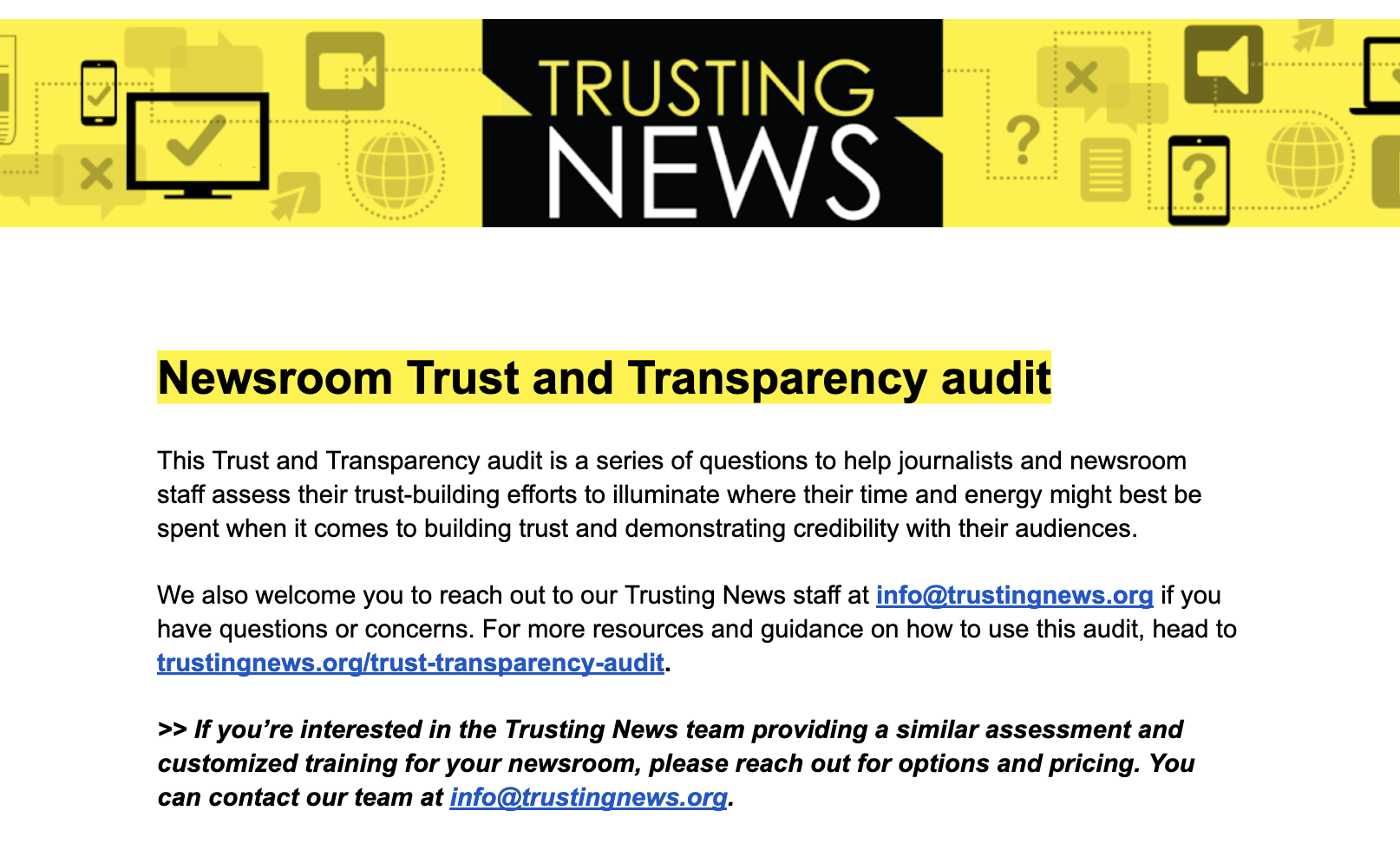Mickey Z. -- World News Trust
Sept. 26, 2006 -- In the film noir classic, “The Third Man,” Orson Welles (as the supposedly dead Harry Lime) looks down from the top of a Ferris wheel and asks Joseph Cotton (as the very naïve Hollie Martins) about the people moving about on the ground... "dots" he calls 'em.
Welles poses the provocative question of just how many dots Cotton would allow to "stop moving" if offered $20,000 for each. How might you respond if presented with such an offer? In a world where a child starves to death every two seconds, just how much can one miserable life be worth? Is it obscene to talk about humans having a monetary value? According to more than a few corporations and government agencies, it's not obscene... it's policy.
Executive Order No. 12,292 (signed by Ronnie Raygun in 1981) states: "Regulatory action shall not be undertaken unless the potential benefits to society for the regulation outweigh the potential costs to society." Before implementing a new safety regulation, all government agencies must put it to the cost/benefit analysis test. To figure the "benefit to society," the agency uses statistics to estimate the number of lives expected to be saved. As for the "cost to society," that's estimated in dollars. Now comes the tricky part: The agency has to assign a monetary value to each human life. Yes, you read that right. The Feds tell each of us exactly how much we're worth. From there, the number of projected lives saved is multiplied by the dollar value of each life and the resulting number is compared to the expected cost of implementing the regulation. Then the economically based decision is made. (The going rate for one slightly used human fluctuates from agency to agency.)
As for the corporate world, insurance companies customarily settle wrongful-death suits by evaluating the deceased's "earning power." New York State law, for example, allows for a settlement in a wrongful-death case based on either economic loss or pain and suffering prior to death. In other words, if you go rather quickly in a car crash and you don't have much in the way of earning potential... well, you know the rest.
For people with disabilities, the court will generously take into account any household chores you do (or did). A professional economist will be hired to equate a dollar amount to each domestic duty.
For a minor, however, you can count on a minimal amount of money based on the so-called "sympathy factor."
Middle- to upper-class children born of educated parents are "worth" more because of the assumption that they'll grow up to be productive and educated members of the middle to upper classes.
Lastly, staying single can actually enhance your disposable status. Anyone who is not married and dies a wrongful-death faces the legal reality that any ensuing loss of income is considered to not harm anyone... thus resulting in a meager settlement. Simply put, when looking for a bargain in the human life market, a single, poverty-level minor with a disability can be had for a song.
I guess we're supposed to come away from this morbid exercise with a whole new perspective on life and death and all that. Me, I'll go back to where I started, Harry Lime who proposes: "The dead are better off dead" (and he soon gets the chance to find out for himself).
***
Mickey Z. can be found on the Web at http://www.mickeyz.net.
{mos_sb_discuss:2}










